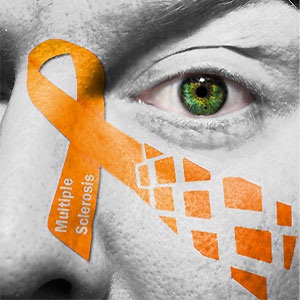
A toxin produced by the bacterium Clostridium perfringens seems to attack the same cells that are damaged in people with multiple scleroses (MS), according to researchers at Weill Cornell Medical College, NBC News reported.
"What we've shown is the toxins target the cells that are targeted in MS," researcher Jennifer Linden said. She's presenting the findings Tuesday at an American Society for Microbiology meeting.
C. perfringens causes millions of cases of food poisoning across the world each year. The researchers analysed a small number of food products and found that about 13 percent of them contained C. perfringens, and nearly three percent tested positive for the toxin that may be linked to MS.
While it's too soon to suggest that food poisoning may cause MS, the study does raise the possibility that C. perfringens might play a role in activating the disease, Bruce Bebo, associate vice president of discovery research for the National Multiple Sclerosis Society in the US has said. , told NBC News.
The MS Society of South Africa estimates there are about 5 000 people living with MS in this country. However, because of the stigma of the disease and the difficulties of diagnosis, no one is sure just how many people are suffering from this debilitating disease.
Read: Could you get multiple sclerosis?
About Clostridium perfringens
This type of bacteria can be found in a wide range of animal faeces. It is found in soil, in raw meat and poultry, animal wastes and sewage.
The spores of this organism are very tough, and survive for long periods in the environment. The spores can contaminate food if food handling is unhygienic, and are not always killed during the cooking process.
It is particularly associated with foods such as gravies, stews, pies, and cooked meat dishes, such as large joints of meat and poultry.
When food is either cooked slowly, or only partially reheated, the spores can germinate and reproduce rapidly. Pies, which are often kept at moderate heat for hours on end before being sold, are a common source of this type of bacteria.
Once the bacteria are ingested, they produce a toxin in the gut, which causes the symptoms - predominantly diarrhoea and cramps. Treatment consists of adequate rehydration and a light diet. Seek medical assistance if the diarrhoea should become severe.
Read more:
All about multiple sclerosis, symptoms, treatments and research
Would you recognise the symptoms of multiple sclerosis if you suddenly got them?




 Publications
Publications
 Partners
Partners










